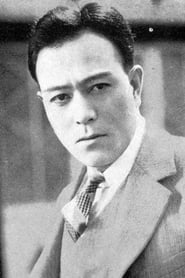
The Adventures of Arsène Lupin(1923)
One of Mizoguchi's first films, considered lost.

Movie: The Adventures of Arsène Lupin
Top 10 Billed Cast
Taisuke Kurosu, a jeweler
Ayako, Kurosu's second wife
Kiboku Rin - a mysterious manager
Jun'ichi Norita - a young man
Yoshizô - old servant of Akiko
A deaf girl
Akiko Kitamura, a daughter of Kurosu's former wife
Maid of a man in black
Shibayama - Kurosu's secretary
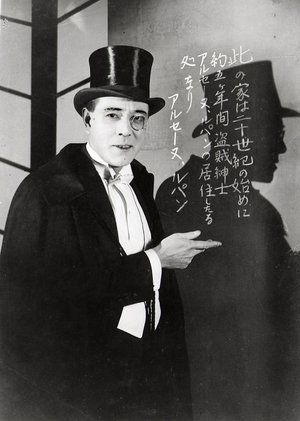
813
HomePage
Overview
One of Mizoguchi's first films, considered lost.
Release Date
1923-05-31
Average
0
Rating:
0.0 startsTagline
Genres
Languages:
No LanguageKeywords
Similar Movies
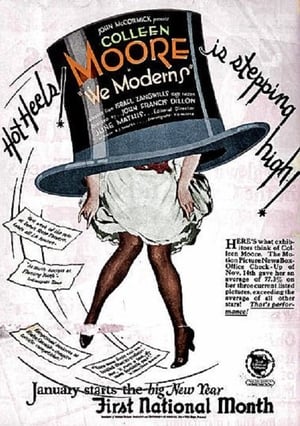 0.0
0.0We Moderns(en)
Mary Sundale is a young woman who spurns her childhood sweetheart to attach herself to a large group of riotous, semi-artistic young people and becomes infatuated with a superficial poet and critic. One night this poet becomes too bold in his advances and is thrashed by the man who has been rejected. On a later night, the group holds a party in a dirigible. The ship crashes and fear grips the revelers. Mary, now disgusted with the group and all it represents, mends her manner of living and plans a future with the man who has always sincerely loved her. A lost film.
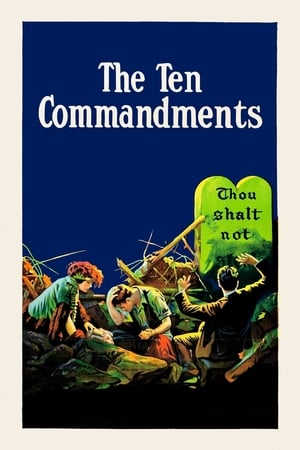 6.5
6.5The Ten Commandments(en)
The first part tells the story of Moses leading the Jews from Egypt to the Promised Land, his receipt of the tablets and the worship of the golden calf. The second part shows the efficacy of the commandments in modern life through a story set in San Francisco. Two brothers, rivals for the love of Mary, also come into conflict when John discovers Dan used shoddy materials to construct a cathedral.
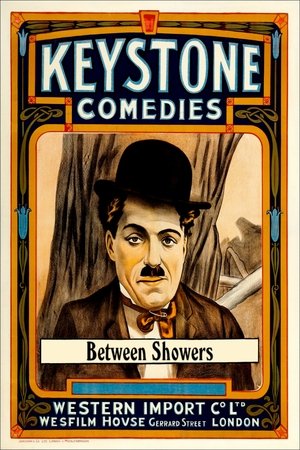 5.3
5.3Between Showers(en)
Mr. Snookie steals an umbrella and then, while trying to help a woman to cross a puddle, the Tramp appears and intervenes.
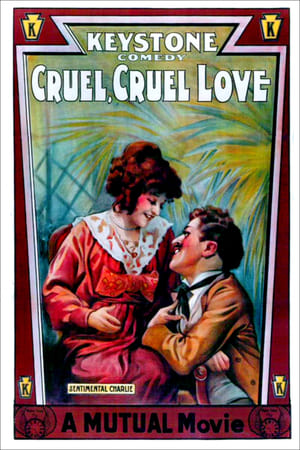 5.1
5.1Cruel, Cruel Love(en)
This early Chaplin film has him playing a character quite different from the Tramp for which he would become famous. He is a rich, upper-class gentleman whose romance is endangered when his girlfriend oversees him being embraced by a maid. Chaplin's romantic interest in this film, Minta Durfee, was the wife of fellow Keystone actor, Roscoe "Fatty" Arbuckle.
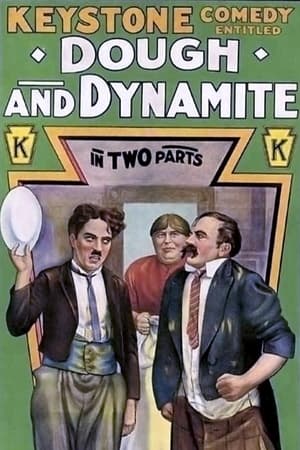 6.1
6.1Dough and Dynamite(en)
Pierre and Jacques are working as waiters at a restaurant where the cooks go on strike. When the two are forced to work as bakers, the striking cooks put dynamite in the dough, with explosive results.
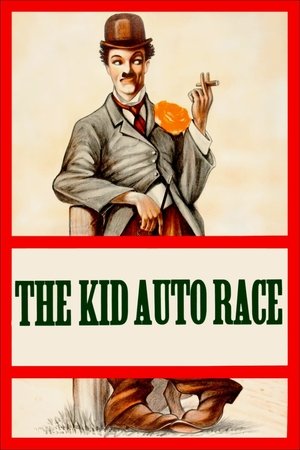 5.5
5.5Kid Auto Races at Venice(en)
The Tramp interferes with the celebration of several kid auto races in Venice, California (Junior Vanderbilt Cup Race, January 10 and 11, 1914), standing himself in the way of the cameraman who is filming the event.
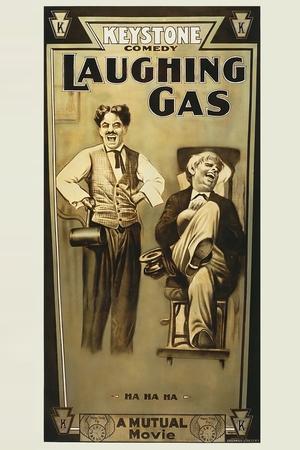 5.5
5.5Laughing Gas(en)
Although only a dental assistant, Charlie pretends to be the dentist. After receiving too much anesthesia, a patient can't stop laughing, so Charlie knocks him out with a club.
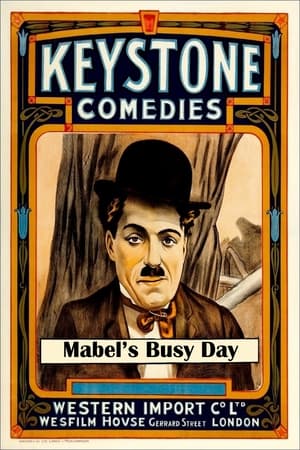 5.6
5.6Mabel's Busy Day(en)
Mabel tries to sell hot dogs at a car race, but isn't doing a very good job at it. She sets down the box of hot dogs and leaves them for a moment. Charlie finds them and gives them away to the hungry spectators at the track as Mabel frantically tries to find her lost box of hot dogs. Mabel finds out that Charlie has stolen them and sends the police after him. Chaos ensues.
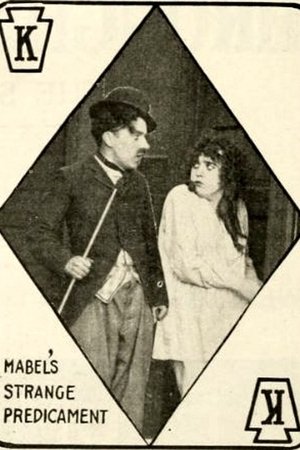 5.3
5.3Mabel's Strange Predicament(en)
A tramp gets drunk in a hotel lobby and, upstairs, causes some misunderstandings between Mabel, two hotel guests across the hall from her room, and Mabel's visiting sweetheart.
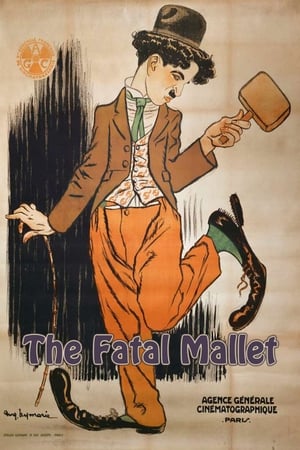 5.4
5.4The Fatal Mallet(en)
Three men compete for the attentions of a pretty girl. One of them, a little tramp, plays dirty.
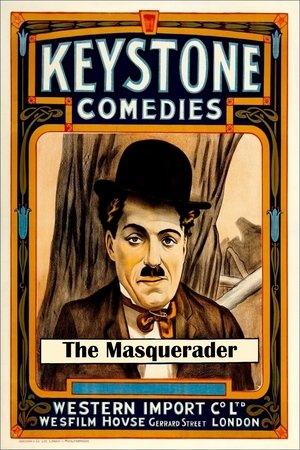 5.6
5.6The Masquerader(en)
Charlie plays an actor who bungles several scenes and is kicked out. He returns convincingly dressed as a lady and charms the director, but Charlie never makes it into the film.
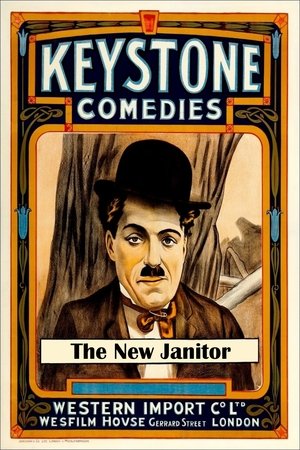 6.1
6.1The New Janitor(en)
The hero, a janitor played by Chaplin, is fired from work for accidentally knocking his bucket of water out the window and onto his boss the chief banker (Tandy). Meanwhile, one of the junior managers (Dillon) is being threatened with exposure by his bookie for gambling debts unpaid. Thus the manager decides to steal from the company.
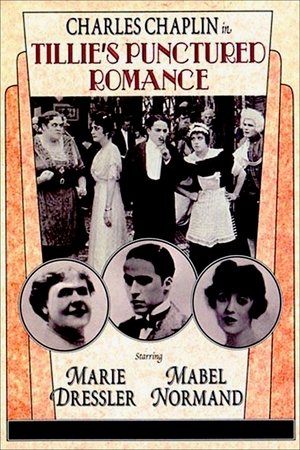 6.1
6.1Tillie's Punctured Romance(en)
A womanizing city man meets Tillie in the country. When he sees that her father has a very large bankroll for his workers, he persuades her to elope with him.
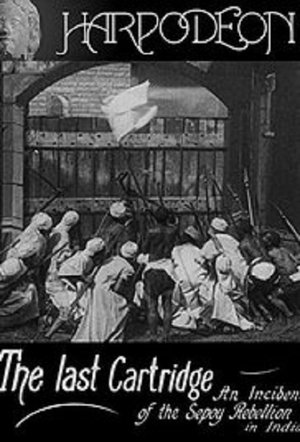 4.8
4.8The Last Cartridge, An Incident of the Sepoy Rebellion in India(en)
Caught off-guard by Indian mutineers, a British soldier saves his last bullet for his daughter, lest she be taken.
In A Roman Garden(en)
Produced by the Powers Motion Picture Company in New York, a costume drama of religious subject.
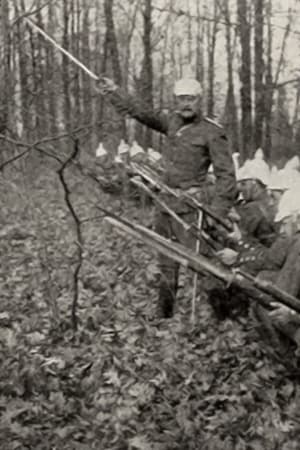 0.0
0.0The Crimson Wing(en)
The hero is a young soldier who is in love with two girls simultaneously. While on the battlefield, the soldier learns that one of his sweethearts has committed suicide. Only temporarily taken aback, he begins to dream of the blissful domesticity which he will enjoy with the other girl upon his return.
 7.9
7.9Man with a Movie Camera(ru)
A cameraman wanders around with a camera slung over his shoulder, documenting urban life with dazzling inventiveness.
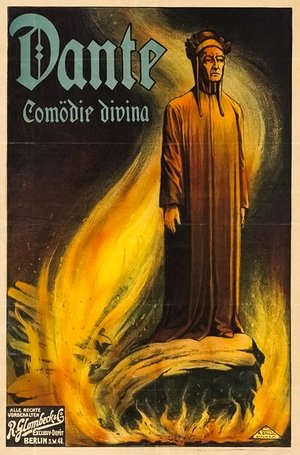 6.7
6.7Dante's Inferno(xx)
A two-reel adaptation of Dante Alighieri's Inferno from the Divine Comedy by Helios Film. It is less well-known than the five-reel feature produced the same year by Milano Films, but it was released earlier in 1911.
After Dark(en)
A baronet's son marries a barmaid in order to qualify under the inheritance terms of a will.
